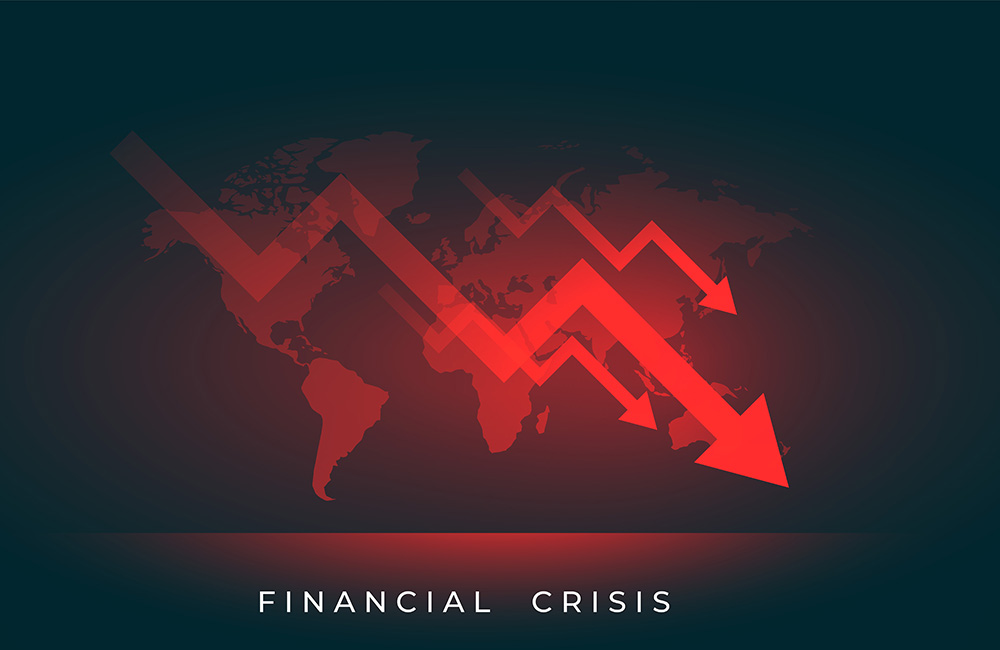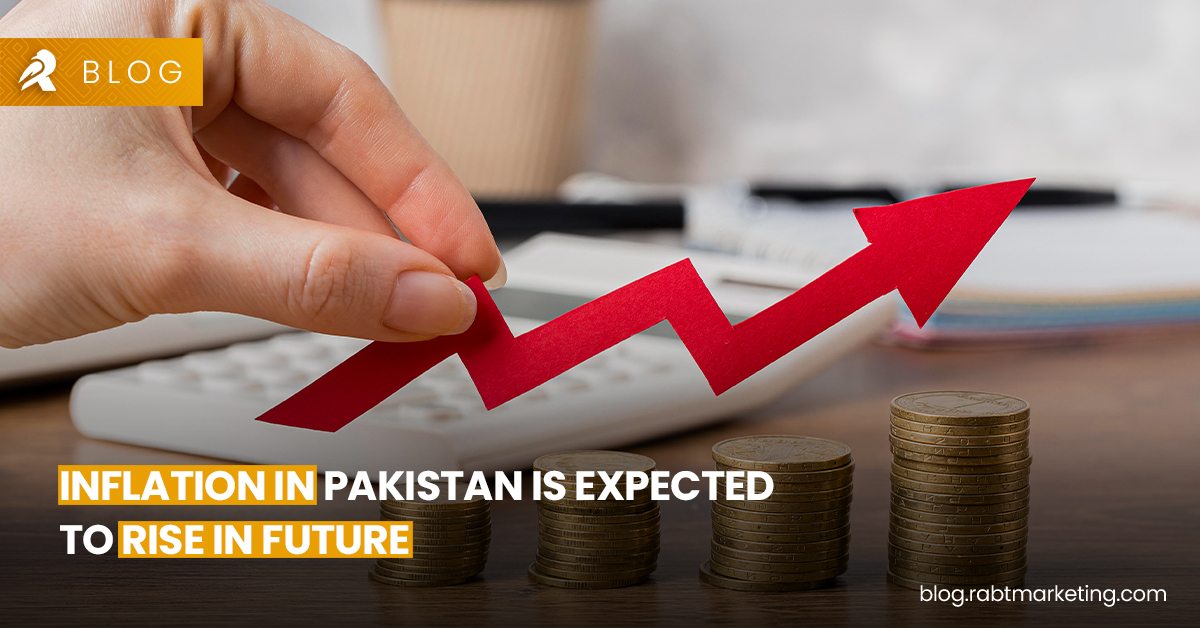Pakistan has been going through a serious economic crisis for the last 2 decades.Inflation in Pakistan is forecast to be about 29-31%, according to the Finance Ministry’s monthly report. This is the highest inflation rate the country has seen in 15 years. The rising costs of basic goods, such as food, fuel, and electricity, have put a strain on the country’s economy. The Pakistani government must implement a series of measures to stabilise the economy, including austerity measures and tax increases.
The protests have been drastically increased within the country and the law and order situation is getting out of control. This has led to a decrease in the investment ratio and an increase in the cost of borrowing. The government is struggling to find a solution to these issues and is desperately trying to stabilise the economy. Petrol and Electricity prices sudden rise has made it very difficult for citizens to survive and maintain a good lifestyle.
Middle class is also suffering due to the hike in prices. Unemployment is also on the rise. Multiple cases of suicide have been reported in different small cities of the state. The government must take urgent measures to address these issues and bring back stability in the economy.
Major Causes of Inflation in Pakistan

The economic crisis in Pakistan is due to a number of factors, including:
High government debt: Pakistan’s government debt has been rising for several years and is now at an unsustainable level. The past government has bought huge amounts of loans from the IMF but the economic status of the country is not in a position to pay back the debt. So ultimately, inflation increases and only citizens are suffering. This has made it difficult for the government to finance essential services and invest in economic growth.
Current account deficit: Pakistan’s current account deficit, which is the difference between the value of its imports and exports, has also been widening. This is due to a number of factors, including falling exports, rising imports, and devaluation of the national currency, Pakistani rupees. The current account deficit has made it difficult for Pakistan to finance its imports and has contributed to the country’s economic problems.
Political instability: Inflation in Pakistan is a result of political instability, which has deterred foreign investment and hindered economic growth. The country’s current political crisis, which has been ongoing for several months, has further exacerbated the economic situation. The political parties’ leaders are mostly involved in corruption and money laundering and they have no concern in the economic stability of Pakistan.
Read Also: Punjab government has introduced Blue Roads in Lahore
Government Measures

The Pakistani government has taken multiple steps to address the bad economic condition, including:
Raising interest rates: Due to inflation, interest rates have been increased. However, this has also made it more expensive for businesses to borrow money, which could hinder economic growth.
Devaluation of Pakistani Rupees: The government has also devalued the rupee in an effort to enhance the country’s exports and reduce the current account deficit. The national currency is However, this has also made imports more expensive and has contributed to inflation.
Seeking IMF assistance: The Pakistani government has also sought assistance from the International Monetary Fund (IMF). The IMF has agreed to provide Pakistan with a $6 billion loan in exchange for a number of economic reforms. The reforms include reducing government spending, privatizing state-owned enterprises, and liberalizing trade. The IMF has also provided Pakistan with technical assistance to help them implement the reforms.
According to the report of the ministry, the State Bank of Pakistan (SBP) kept the policy rate unchanged. The SBP said that the policy rate will be kept unchanged until the transmission of monetary policy actions to the inflation outlook is satisfactory. The IMF has also said that it will provide further support to Pakistan if needed.
According to the finance ministry, the significant causes of inflation in Pakistan are infrastructure instability, public debt, trade deficit and energy shortages.
The Pakistani government is facing a difficult task in addressing the economic crisis. The government needs to implement reforms to improve the country’s economic fundamentals, while also providing relief to the people who are suffering the most from the crisis.
We hope that these reforms will lead to economic growth and reduce unemployment and Pakistan will come out of the economic crisis. We must remain resilient and work together to build a brighter future for our people. Let us strive to create a stronger economy and a better quality of life for all Pakistanis.

